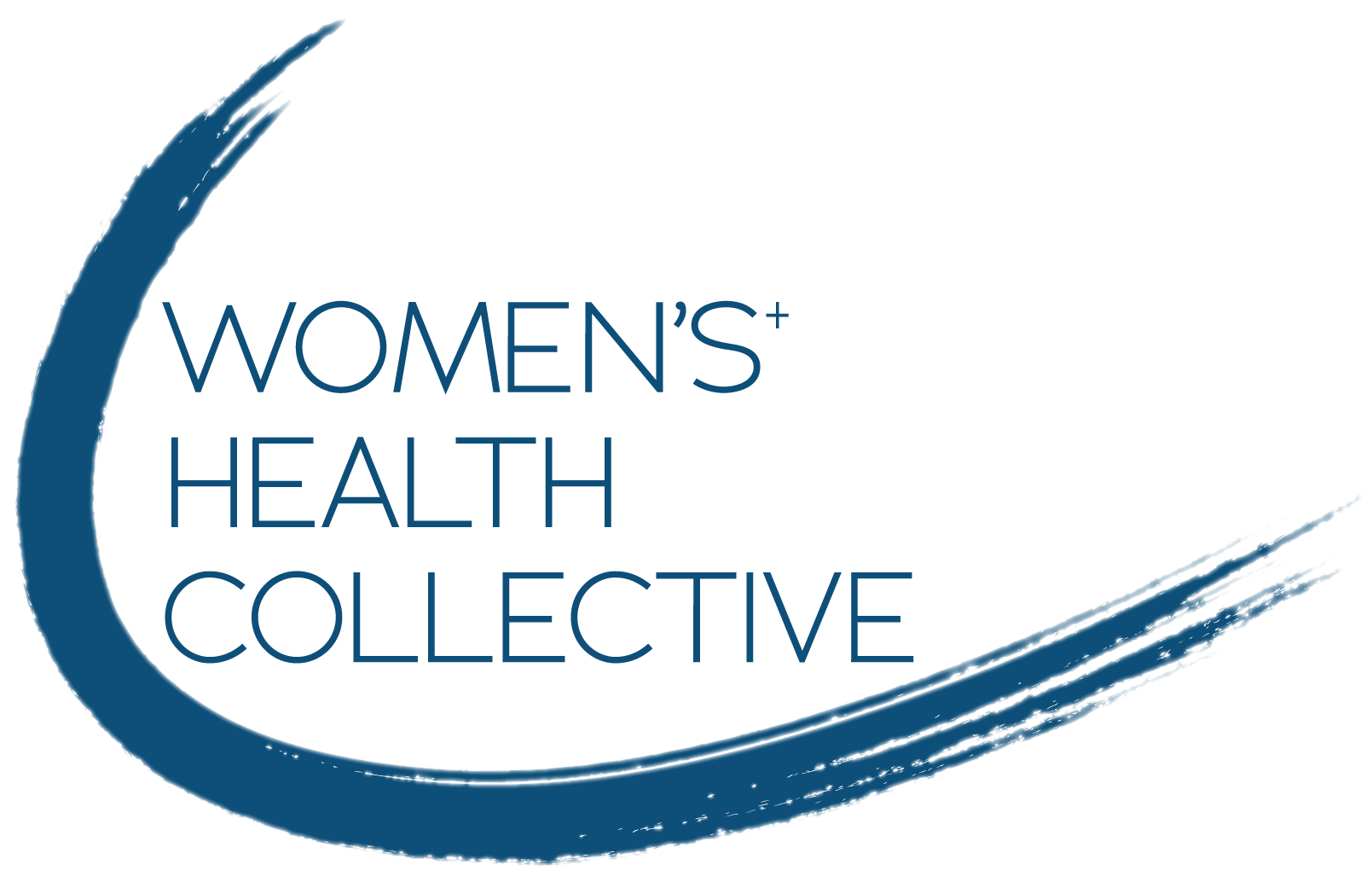Setting the Record Straight About The Vagina
Image Credits: The Gynae Center
The vaginal canal is a beautifully complex organ allowing menstrual blood and babies to leave, hosting a variety of bacteria of natural vaginal flora, maintaining an acidic pH of around 4 to prevent infections, and even playing a role in sexual pleasure. We have much to thank our vaginas for. Yet the vagina has had to contend with many many myths. Perhaps because old wives tales and myths are tenacious enough to stand the test of time. Perhaps because the vagina is an organ that many marginalized individuals (transgender males, nonbinary folks, women+, and more) have. In any case, we refute some of the most harmful ones below.
Myth: Douching is the best way to keep the vagina clean and can be used to prevent pregnancy.
Douching involves squirting water (usually mixed with vinegar, baking soda, or iodine) up the vagina and 20% of women between the ages of 15-44 use the practice according to the U.S. Office of Women’s Health. Douching targets the underlying problem and misconception surrounding the vagina - that it is somehow dirty or impure and must be cleaned with external products. The vagina is a self-cleaning organ using the secretions from its mucosal membrane to push semen and blood out of the vagina, which takes the form of vaginal discharge. Studies show there are NO benefits to douching and rather than cleaning your vagina, the practice can make women MORE susceptible to conditions like bacterial vaginosis (douching once a week can increase risk of contracting BV by five times), pelvic inflammatory diseases, STIs (especially HIV), problems during pregnancy (women who douched once a month had a harder time getting pregnant than those who didn’t douche according to the American Journal of Public Health), and vaginal dryness or itchiness. Vaginal douching after sex can’t eradicate sperm to prevent pregnancy and should NEVER be used to correct your vagina’s natural odor or discharge as they are fine just the way they are. However, changes in vaginal odor or discharge should be addressed with a provider, not with douching.
Myth: Vaginal Steaming is medically proven to reduce cramps, infertility, menstruation, and bloating.
Vaginal steaming is an age-old “natural remedy” in which a woman sits over a pot of hot water and herbs (such as oregano, basil, and chamomile). Studies indicate there are no medical benefits to vaginal steaming and there is an increased risk of burning the vagina and or disrupting the pH or natural flora of the vagina. Nisha McKenzie, PA-C says it’s very important to ask ourselves what the goal is when attempting the procedure. The vagina does not need to be cleaned so steaming should only be used if it provides some sort of symptom or stress relief, and that too with full knowledge of its risks.
Myth: There is a certain way your vulva should look and your vagina should smell or taste.
Vaginal odor differs from person to person depending on a multitude of factors - including the natural vaginal bacteria, hormonal changes and diet. While a fishy odor may indicate an infection and should be checked for by a provider, there really is no one “right” smell for the vagina. Similarly, as the demand for labiaplasty (the removal of the labia minora that surrounds the women’s vagina) soars, now is a better time than ever to remind ourselves that there is natural variation in vulvas and there is again - no one right way for vulvas to look.
Myth: It’s okay for sex to be painful.
Unfortunately, up to 75% of women will experience pain during sex during their lifetimes. Painful sex (dyspareunia) can be attributed to a multitude of factors including pelvic floor dysfunction, vaginismus (painful contractions of pelvic floor muscles during penetrative sex), past history of trauma or sexual abuse, painful IUD insertions, insufficient lubrication, anxiety or stress and more. While painful sex can be caused by many things, there is no reason why you need to endure painful sex. And yet centuries of societal conditioning has taught otherwise - that sex is primarily for a man’s pleasure and pain during sex just happens and we can get through it. If you are experiencing painful sex, I encourage you to reach out to a sexual medicine provider for treatment options.
The widespread nature of vaginal myths can cause severe harm to women - putting them at risk for vaginal infections, STIs, pregnancy risks, unbearable sex and unfair shame. It’s time we stop letting these rumours burden our lives and lay them to rest once and for all.
Blog Post by Akansha Das, WHC Pre-med Student Volunteer

